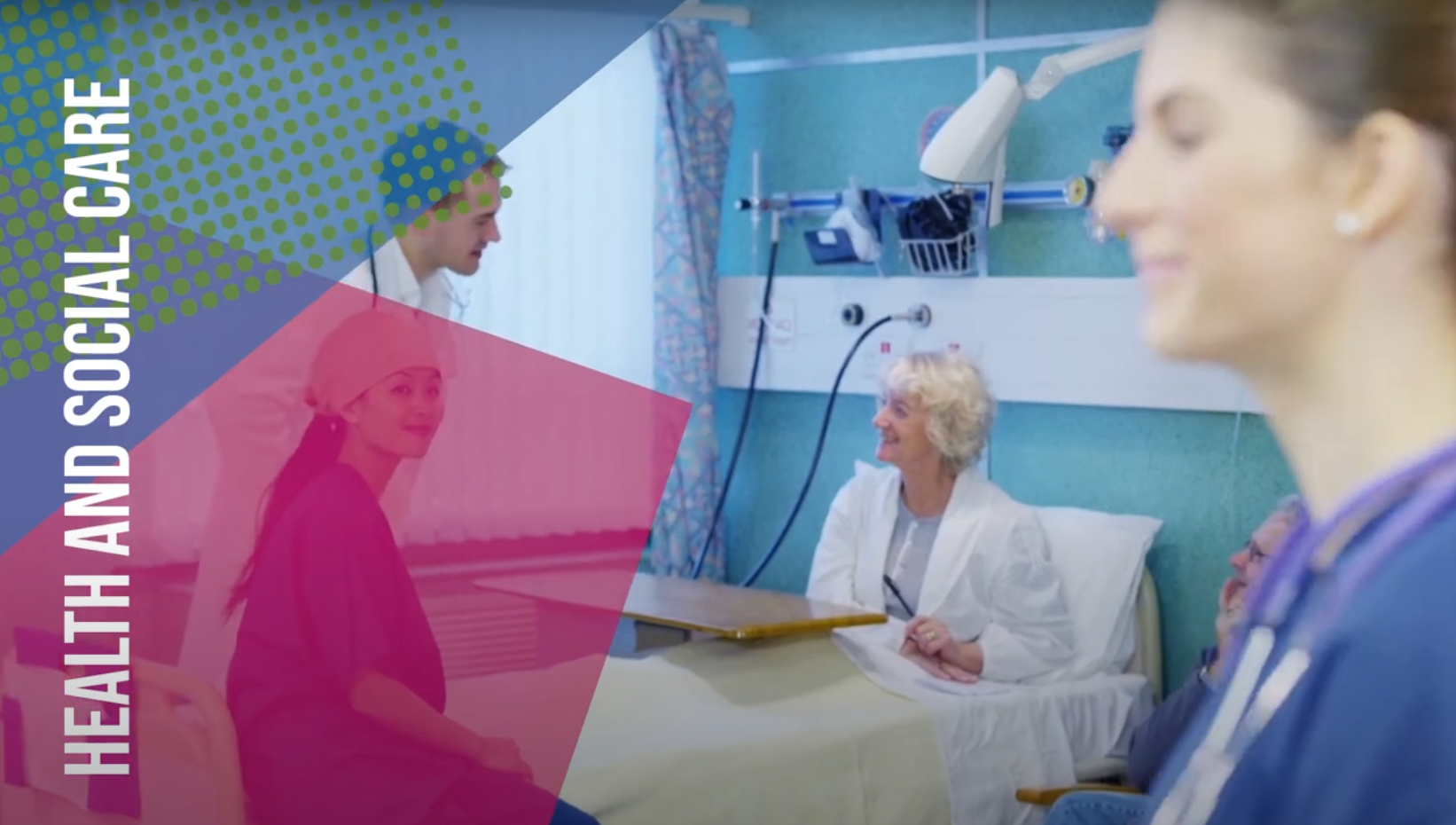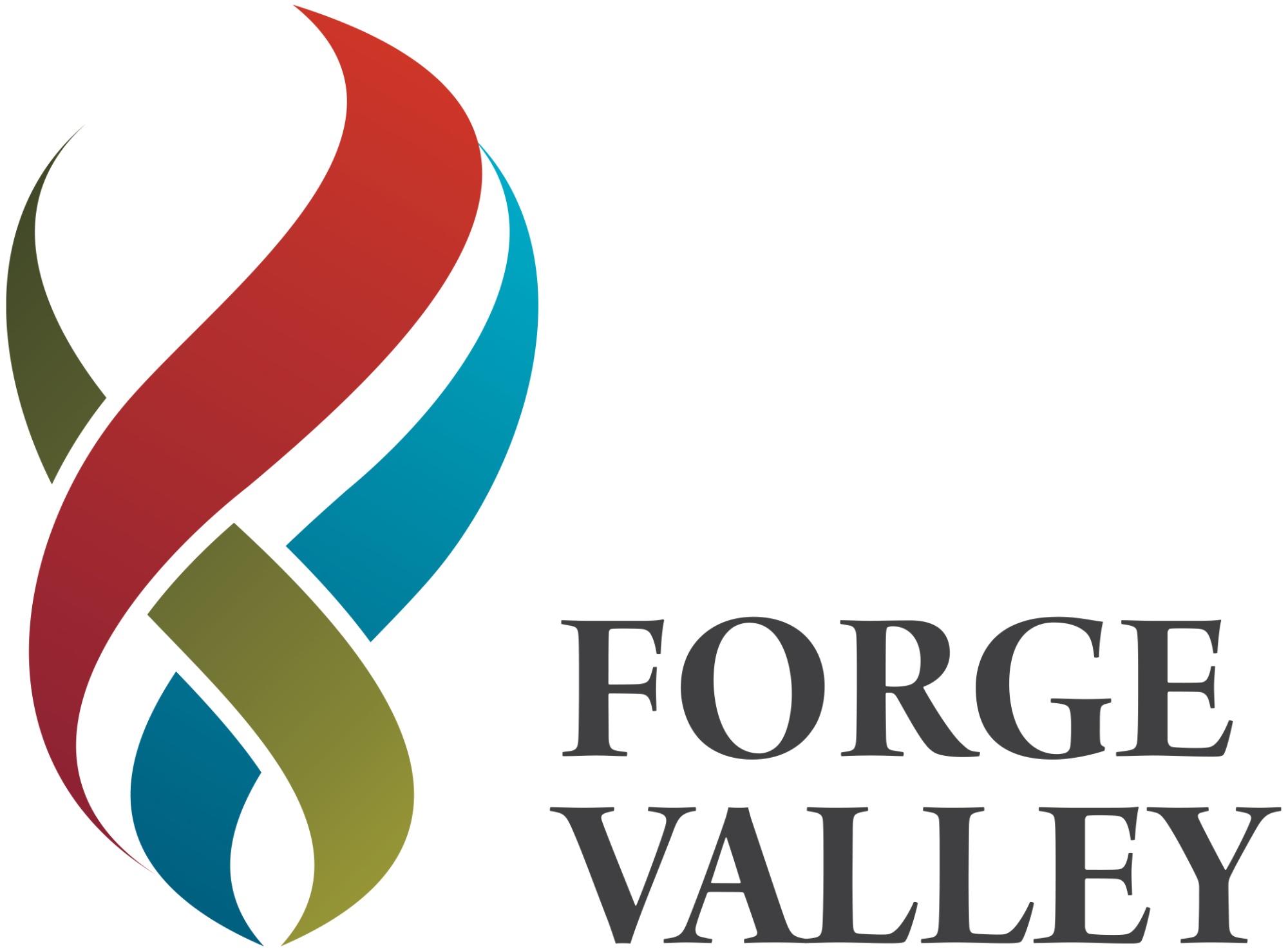Health & Social Care (BTEC)

Health and Social Care will prepare you for a range of related occupations without limiting your choices too early. It allows a flexible approach to learning through coursework, placements and exams to prepare you for your chosen career.
You will put the theory you have learnt into practice by carrying out a range of activities and doing your own research. The skills you gain will prepare you for employment or further study at university or college.
Future Opportunities
Previous students have gone on to university to study adult nursing, child nursing, childhood studies and mental health nursing.
Level 3 Diploma
Course Introduction
This course is equivalent to 2 A Levels.
As part of the course you will have the opportunity to take part in Health and Social Care related work experience. Previous students have taken part in placements with the NHS, in education and with the prison service.
What are the entry requirements?
Five or more GCSEs Grade 9-4 or equivalent, including English. Minimum of a Grade 4 or equivalent if you have previously studied Health and Social Care.
What will I study?
You will study 8 units over the course:
- Human lifespan development
- Working in Health and Social Care
- Current research into Health and Social Care
- Meeting individual care and support needs
- Principles of safe practice in Health and Social Care
- Promoting public health
- Physiological disorders and their care
- Nutritional Health.
How will I be assessed?
Over the two-year course you will have 3 external assessments (2 exams and 1 synoptic task). The remaining 5 units are assessed internally through coursework.
Level 3 Extended Diploma
Course Introduction
This course is equivalent to 3 A Levels.
After successfully completing this course (alongside your other Level 3 qualifications), you could gain entry to higher education and Degree courses relating to areas of medicine, childcare, healthcare, nutrition and social care. With training, you could go into a job related to Health and Social Care such as a Nurse, Midwife, Dietician, Teacher or areas of Social Work, or many other Health Care related careers.
What are the entry requirements?
Five or more GCSEs Grade 9-4 or equivalent, including English. Minimum of a Grade 4 or equivalent if you have previously studied Health and Social Care.
What will I study?
You will study 13 units over the course. These will include all 8 units from the Diploma and the following:
- Anatomy and physiology in Health and Social Care
- Work Experience
- Infection prevention and control
A further two units will be delivered, taking into account the needs and preferences of the learners who have chosen the course. These can be in
- Psychological perspectives
- Sociological perspectives
- Caring for people with dementia
- Mental wellbeing
- Complementary therapies.
How will I be assessed?
Over the two-year course you will have 4 external assessments (3 exams and 1 synoptic task). The remaining 9 units are assessed internally through coursework.
FAQ
What is the average class size?
Approximately 15 students, although this varies from year to year.
Are the teachers specialists in the subject area?
Within the department we have teachers from a variety of subjects which supports the breadth of the curriculum in Health and Social Care. Teachers have expertise in Psychology, Sociology, Anatomy and Physiology as well as years of experience working within the subject. Our staff have worked with universities, teaching hospitals and other local providers to ensure that the vocational knowledge shared with the students is accurate and up-to-date.
How successful have previous students been in this subject?
Our course has a had a superb success rate both in terms of grades and where students have used the qualification to move on to the next stage of their learning journey.
We have had students achieve the highest possible grade, which is only achieved usually be a very small percentage of those students taking the qualification nationally.
Most of our students are graded with at least one Distinction.
We have a 100% pass rate – we have never had a student fail the course.
From the 2018-2020 ‘triple’ cohort, 8 out of 9 students went on to study on a clinical course at university (Midwifery, Paramedic Science, Child Nursing, Adult Nursing).
From 2019-2021 our ‘double’ and ‘triple’ students went on to a range of pathways, including degree courses at university in Adult Nursing, Operating Department Practice, Science teaching, Criminology, Social work and Psychology. Some chose apprenticeships, securing places with the fire service, a nursery and a primary school.
What other subjects compliment this course?
The ‘triple’ qualification is usually taken as the only subject as it is equivalent to 3 A-Levels, however, occasionally a student may choose to do Biology, Psychology or Sociology alongside.
When studying the ‘double’ qualification, students often study Biology, Psychology, Sociology, Criminology or English Language. It greatly depends on their next step after sixth form; clinical, bioscience or forensic degrees/jobs often prefer a science (usually Biology). Some students leave sixth form wanting to go into teaching and therefore their other subject may be influenced by what they wish to teach.
Will studying this subject allow me to go to university?
Most definitely! We have had students leave us to go on to secure places at a range of universities, studying a broad range of courses. From Operating department practice, Midwifery, Paramedic Science and Nursing, to Teaching, Childhood Studies, as well as Sociology, Criminology and Social work. Our students have secured places at high-ranking universities such as UEA, Nottingham and Leeds.
Is the point score the same as an A Level course?
BTEC subjects are not graded A-E like A-Levels. Instead we use a Distinction*, Distinction, Merit, Pass system.
For the ‘double’ qualification, this will be two grades e.g. D*D*, DM
For the ‘triple’ qualification, this will be three grades e.g. DDM, D*D*D*
What careers can the subject lead to?
A clinical role such as a Nurse, Midwife, Paramedic, Occupational Therapist or a Physiotherapist to name a few. Teaching either Early years, Primary, Secondary or FE. Social work or work within social care such as a support worker. Public services such as Policing or the Fire Service.
This is just a sample of roles and really, we will be working on a range of transferable skills/employability skills throughout the course that will support you into a range of career pathways.
Will we get to undertake Work Experience as part of the course?
In the ‘triple’ qualification, there is a mandatory Work Experience unit, where pupils are required to undertake 100 hours volunteering/work placement in a related Health and Social Care setting. We have previously offered this unit to our ‘double’ students as we feel it provides opportunities to familiarise with settings and develop skills and attributes. However, due to COVID-19 this unit has had to be adapted as most placements are not available to students currently. In a year not affected by COVID-19, our students have been able to apply for opportunities at the Sheffield Teaching Hospitals in either nursing or medicine as well as allied health professional experiences, the Children’s hospital usually as a playworker, the Sheffield Society for the Blind volunteering as a support buddy, and many other far-ranging opportunities. We are hoping this will be a unit we can offer to your cohort.
What visits or trips do we get to go on as part of the course?
-
In the past, we have taken students to taster sessions at Huddersfield and Sheffield Hallam Universities, providing students with an opportunity to see the campus, meet student ambassadors and staff who teach on the course, whilst taking part in interactive learning activities.
-
We have also run a trip to the Thackeray Medical Museum, to support pre-learning for our Promoting Public Health unit.
-
Additionally, we have taken students on an overnight visit to London, visiting a range of ‘Health’ and ‘Anatomy and Physiology’ exhibitions, as well as enjoying some of the culture that the city has to offer.
